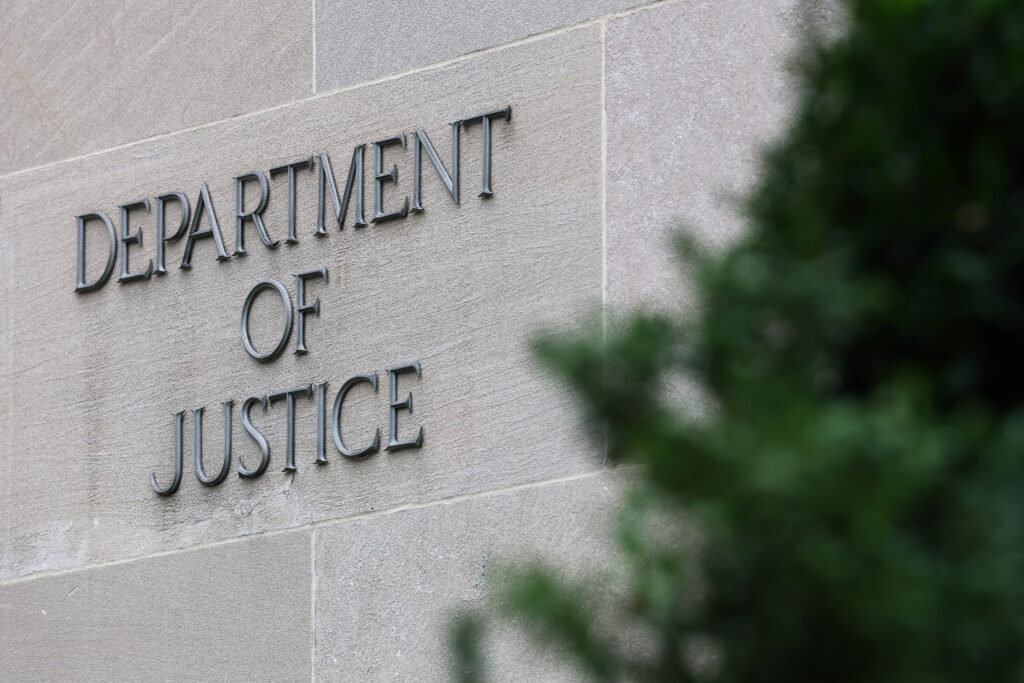DOJ and North Carolina Propose Scheme That Could Disenfranchise Tens of Thousands of Voters

The U.S. Department of Justice (DOJ) and the Republican-controlled North Carolina elections board teamed up on a proposed deal that could disenfranchise tens of thousands of voters in the Tar Heel State.
Under the proposed agreement, filed Wednesday in a DOJ lawsuit over the state’s voter rolls, voters who did not provide certain identifying information when they registered, and who don’t provide the required information in response to mailings from the board, would have to cast a provisional ballot in state and local elections. That ballot wouldn’t be counted unless they follow up with the information soon after voting.
Around 200,000 voters lack the information at issue, the state has said. Of those, 98,000 are at risk of disenfranchisement under the proposed deal. The others can still cast a regular ballot, the state has said, as they are on record as showing an alternative form of ID allowed under federal law.
The proposed scheme would settle a lawsuit filed in May by DOJ, alleging the state board violated the Help America Vote Act (HAVA) by not requiring enough information from voter registrants properly. According to the lawsuit, the board asked applicants to provide proof of identification — including driver’s license number, DMV number or part of a Social Security number — but it did not indicate that the information was required.
The proposed agreement requires the affected voters to respond to a mailing from the board requesting their driver’s license or social security number. If those voters don’t respond to two mailings by Dec. 15 they would need to cast a provisional ballot. That ballot would be counted in federal races — where voters enjoy stronger protections — but not in state and local races, unless the voter returned soon after the election to provide the information needed.
The deal also said the board may not use any voter registration form that fails to comply with HAVA. The agreement also states that voter registration applications must include either a driver’s license number, the last four digits of a SSN or, if the applicant has neither, a unique identifier assigned by the state.
Since Republicans took control of the state election board in May, it has taken several steps to restrict voting in the state, including by working closely with DOJ to settle the lawsuit. The effort has been led by the board’s new executive director, Sam Hayes, a former GOP operative who served as the chief counsel to the Republican Speaker of the House.
The Democratic National Committee (DNC) and pro-voting groups intervened to defend the tens of thousands of voters who could be disenfranchised by the lawsuit. The proposed agreement allows the DNC and pro-voting groups time to submit objections before a court rules to accept or reject it.